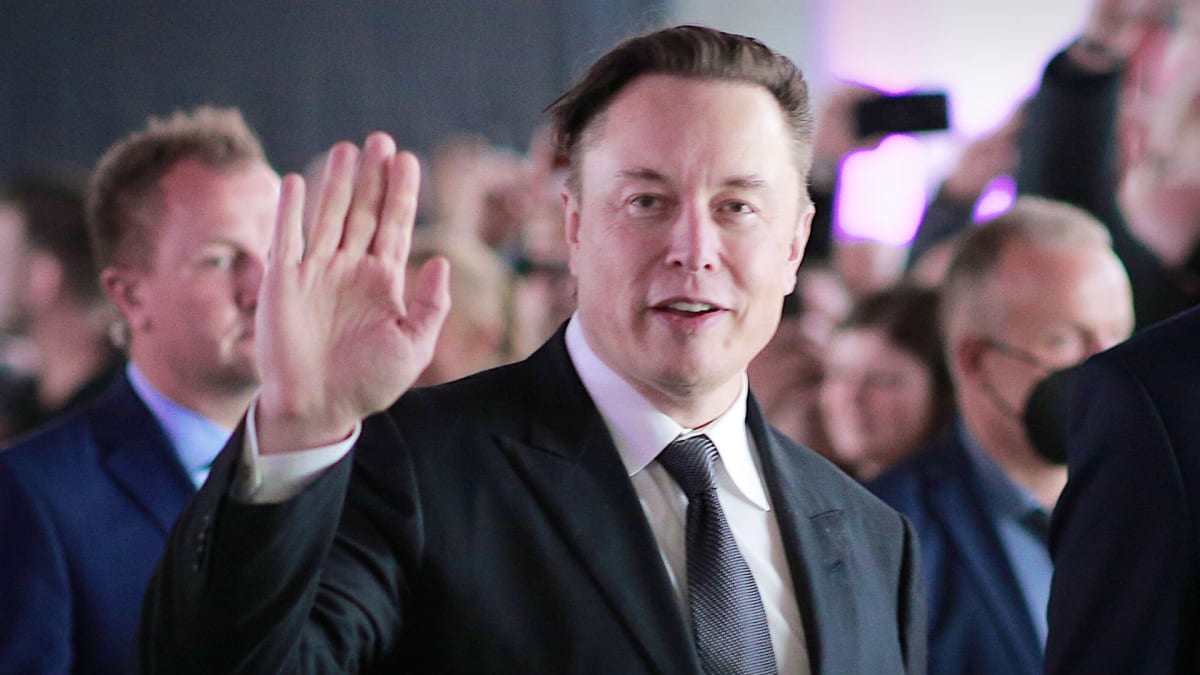
The Federal Reserve on March 21 starts a two-day monetary-policy meeting, which has an important role to play in the current crisis of confidence in banks.
The Fed is due to decide on the trajectory of interest rates at the end of the meeting, perhaps its most important since it began to hike rates in second-half 2021.
The central bank is treading on a minefield.
Its war against inflation has still not produced the expected results because prices of products and services remain sharply elevated. But since its last policy meeting another problem has arisen, one that threatens a liquidity or credit crisis.
The sudden collapse of Silicon Valley Bank, (SIVB) a central player in the startup and small-business ecosystem, on March 10 collapsed and caused a cloud of uncertainty around the banks. Investors are worried about contagion.
Raise Rates or Pause
Regional banks like First Republic Bank (FRC) are facing deposit runs, which in turn could lead them to no longer lend money to consumers and businesses. The problem is that these regional banks play an essential role in commerce. If they reduce credit, this could slow the economy sharply.
The Fed therefore has a difficult choice: continue to raise rates or take a break while indicating to investors that the pause is only temporary while it tackles the crisis of banking confidence.
Economists and experts are divided.
"Current policy advice? Don't just do something: sit there," said the Nobel Prize winner in economics Paul Krugman in a series on tweets on March 20. "The banking mess is, as far as I can tell, sufficient reason for the Fed to pause until we know more."
The economics columnist for The New York Times and professor at City University of New York continued: "Before banks started exploding, we had seen a substantial decline in underlying inflation — but unclear how far we were from target and whether inflation was still falling or moving sideways."
"Core inflation measures that tried to exclude known transitory/distortionary factors (supercore excludes food, energy, shelter, used cars) more pessimistic than labor costs."
Krugman acknowledged that the economy is "still overheated."
"But Fed trying to thread a path between Scylla (risk of inflation staying high and maybe even going up) and Charybdis (risk of gratuitous recession) Economy seemed to be barreling along despite rate hikes, but air pockets ahead?"
Many influential voices on Wall Street are of this opinion, like the hedge-fund manager Bill Ackman.
"The @federalreserve should pause on Wednesday. We have had a number of major shocks to the system. Three US bank closures in a week wiping out equity and bond holders," the financier urged on Twitter. "Inflation is still a problem and the Fed needs to continue to show resolve."
He added that Fed Chairman Jay Powell "can do this by pausing and making very clear that this is a temporary pause so that the impact of recent events can be assessed. He can make clear that his intent is to resume raising rates at the next meeting unless the banking crisis remains unresolved, and has on its own sufficiently slowed the economy."
Fed 'Needs' to Reduce Rates
Larry Summers, the star Harvard professor, thinks the Fed should raise rates despite the problems of the banks.
"I believe it’s appropriate — at least on current facts — to raise interest rates by 25 basis points," Summers said.
Rising interest rates make money expensive and impact loans.
Elon Musk, the CEO of Tesla, adopts an iconoclastic position. He says that to avoid a new big shock to the economy and given the circumstances, the Fed must lower its interest rates substantially to stabilize the financial sector.
"Fed needs to drop the rate by at least 50bps on Wednesday," Musk said on March 20.
CME Group's FedWatch still suggests a firm 83.4% chance that Powell will orchestrate a 25-basis-point (0.25-percentage-point) rate hike, with the bulk of bets going forward pointing to a near-term pause, or even a rate cut, as the impact of the banking crisis spills over into the real economy.







